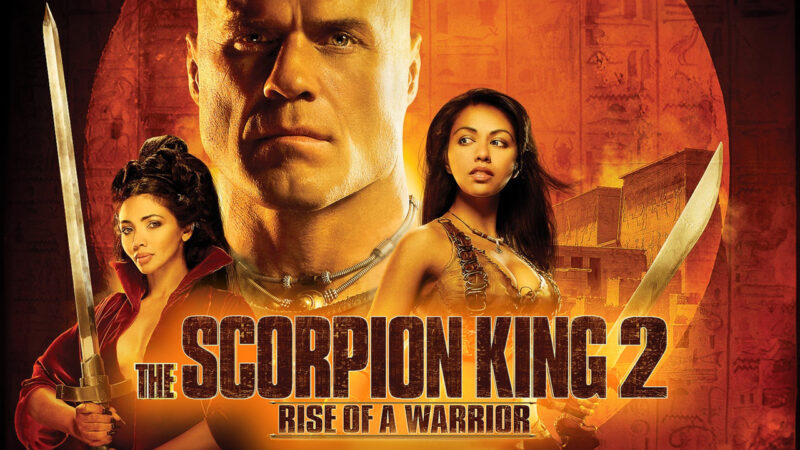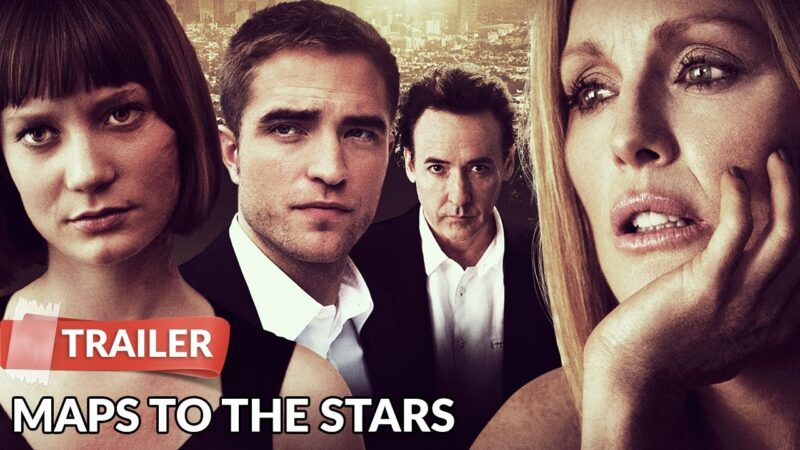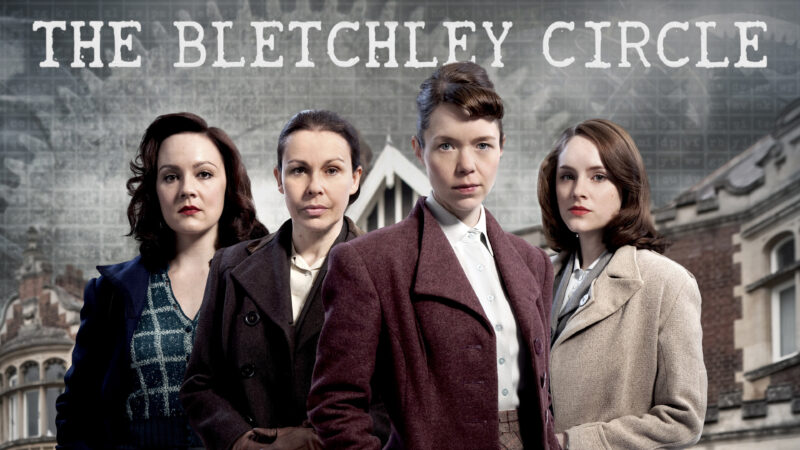Rosencrantz & Guildenstern Are Dead: A Cinematic Meditation on Life’s Absurdity

Rosencrantz & Guildenstern Are Dead: A Cinematic Meditation on Life’s Absurdity

In the pantheon of films that dare to blend existential philosophy with sharp-witted comedy, Rosencrantz & Guildenstern Are Dead (1990), written and directed by Tom Stoppard, stands as a singular achievement. Adapted from Stoppard’s own acclaimed 1966 play, this cinematic gem transforms two minor characters from Shakespeare’s Hamlet into the bewildered protagonists of a tragicomic exploration of fate, identity, and the human condition. Starring Gary Oldman, Tim Roth, and Richard Dreyfuss, the film is a dazzling puzzle that invites viewers to laugh, ponder, and question their place in the grand narrative of existence.
A Tale of Two Nobodies
At its core, Rosencrantz & Guildenstern Are Dead is about two ordinary men caught in an extraordinary situation they neither control nor comprehend. Rosencrantz (Gary Oldman) and Guildenstern (Tim Roth), minor courtiers in Shakespeare’s Hamlet, are summoned to the Danish court with a vague directive: to spy on Prince Hamlet. While the tragedy of Hamlet unfolds in the background, Stoppard shifts the spotlight to these two sidekicks, who are perpetually confused, displaced, and unsure of their purpose. Their journey is less about action and more about grappling with life’s big questions: Why are we here? Do we have free will? Are we merely players in someone else’s script?

The film’s genius lies in its ability to weave these profound inquiries into a tapestry of humor and wordplay. Rosencrantz and Guildenstern bumble through their predicament with a mix of curiosity and frustration, engaging in rapid-fire banter that ranges from hilarious to haunting. Their exchanges, laced with Stoppard’s signature wit, echo the absurdity of Samuel Beckett and the linguistic acrobatics of Shakespeare, creating a dialogue that is both playful and deeply philosophical.
Stellar Performances
*The casting of Oldman and Roth is nothing short of perfect. Oldman’s Rosencrantz is boyish, inquisitive, and almost childlike in his wonder, marveling at the oddities of their world—like a coin that inexplicably lands on heads every time. Roth’s Guildenstern, by contrast, is more analytical and cynical, constantly trying to impose logic on their illogical circumstances. Their chemistry is electric, balancing moments of slapstick comedy with poignant glimpses of vulnerability. Together, they create a dynamic that makes their existential plight both relatable and heart-wrenching.

*Richard Dreyfuss, as the enigmatic Player, steals every scene he’s in. As the leader of a theatrical troupe, the Player seems to hold the key to the strange rules governing this universe. Dreyfuss imbues the role with flamboyant charm and a knowing smirk, as if he’s the only one aware that life is just a performance. His scenes with Rosencrantz and Guildenstern crackle with tension, offering both comic relief and cryptic insights into the nature of their reality.
🤷♀️🤷♀️A Visual and Philosophical Puzzle
*Visually, Rosencrantz & Guildenstern Are Dead is a fascinating blend of theatrical minimalism and cinematic surrealism. Stoppard, in his directorial debut, pays homage to the play’s stage origins with sparse sets that evoke an eerie sense of limbo. Yet, he also embraces the possibilities of film, using clever camera work and surreal flourishes—like coins defying probability or characters stepping in and out of Hamlet’s narrative—to underscore the absurdity of their world. The cinematography, paired with Stanley Myers’ whimsical yet haunting score, creates an atmosphere that is both dreamlike and disorienting.

*The film’s philosophical depth is its beating heart. It explores themes of free will, chance, and the search for meaning in a world that seems predetermined. Rosencrantz and Guildenstern’s attempts to understand their role in the story mirror our own struggles to find purpose in life. The film asks: What if we are all minor characters in a larger narrative, unaware of the script? This question lingers long after the credits roll, inviting viewers to reflect on their own existence.
😍😍👉A Timeless Tragicomedy
*& Guildenstern Are Dead is not a film for those seeking straightforward storytelling. Its dense dialogue, layered with puns and paradoxes, demands active engagement. Yet, for those willing to dive into its cerebral waters, the rewards are immense. The film is as much a love letter to Shakespeare as it is a meditation on the absurdity of life, blending highbrow philosophy with lowbrow humor in a way that feels both timeless and accessible.

*The film’s critical acclaim, including the prestigious Golden Lion at the 1990 Venice Film Festival, speaks to its artistry and ambition. While it may not have achieved mainstream commercial success, its cult status endures, particularly among fans of literary adaptations and philosophical cinema. For Vietnamese audiences, the film’s universal themes of searching for meaning and grappling with fate resonate across cultural boundaries, making it a compelling watch for anyone intrigued by the human condition.
🥰✨Conclusion

*Rosencrantz & Guildenstern Are Dead is a rare cinematic experience—one that challenges, entertains, and leaves you questioning the nature of reality. With its brilliant script, unforgettable performances, and a directorial vision that marries stage and screen, it remains a masterpiece of intellectual cinema. As Rosencrantz and Guildenstern wander through their existential limbo, they invite us to join them in pondering life’s greatest mysteries. In doing so, the film reminds us that even on the margins of someone else’s story, there is beauty, humor, and humanity to be found.





